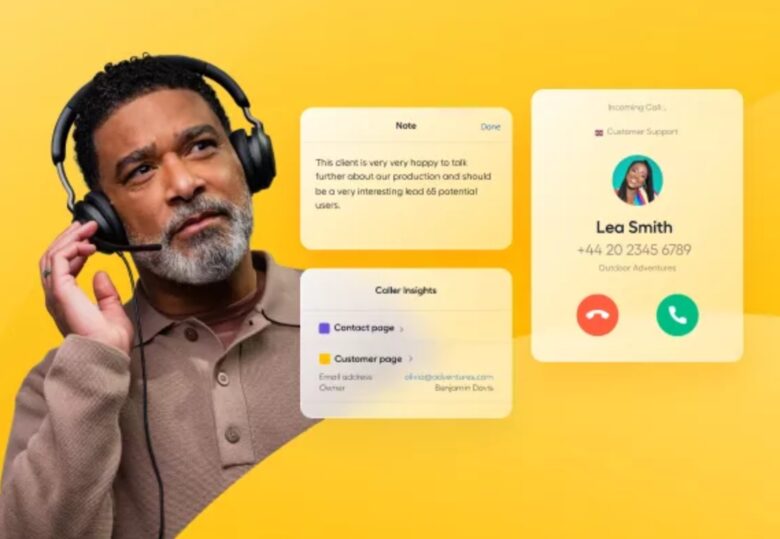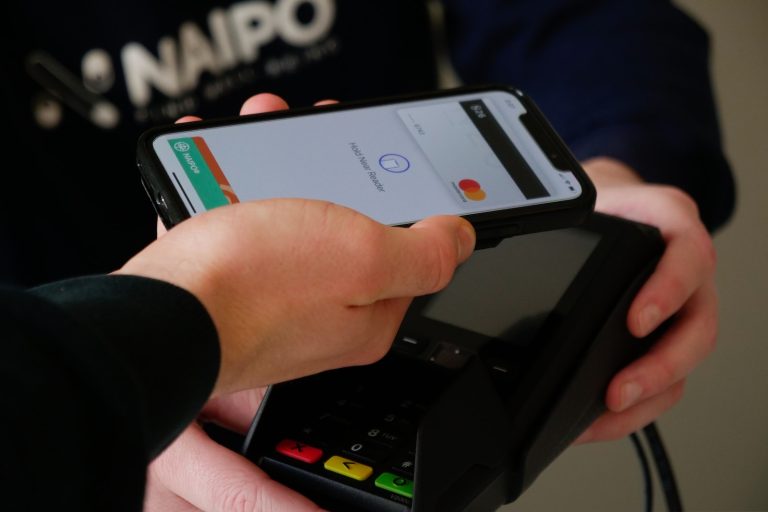Privacy and safeguarding internet security is paramount. Among the array of solutions aimed at enhancing this security, virtual numbers stand out as a pivotal resource. As they become more prevalent, grasping their role and influence on internet safety is essential for everyone active online.
Contents
- The Basics of Virtual Numbers
- How Virtual Numbers Enhance Internet Safety
- Benefits of Virtual Numbers in Bolstering Online Safety
- Addressing Common Misunderstandings about Virtual Numbers and Safety
- What’s Next? The Growing Influence of Virtual Numbers in Online Safety
- Professionals Weigh in on Virtual Numbers and Security
The Basics of Virtual Numbers
At its core, a virtual number is simply a phone number without a direct line to a physical telephone connection. These numbers operate on digital platforms, frequently utilizing Internet Protocol (IP) telephony. This setup means they aren’t bound to a singular device or location like conventional numbers, which are usually connected to a specific SIM card or landline.
Put simply, virtual numbers present a digitally-focused communication method. While they manage tasks similar to conventional numbers, such as making calls or texting, their main advantage is their versatility. Their uses span from professional communications to online authentications, gaining them recognition and popularity among diverse users.

Source: fitsmallbusiness.com
How Virtual Numbers Enhance Internet Safety
As the variety of online platforms grows—encompassing social networks, e-commerce, and subscription services—a common requirement emerges: user validation. This frequently requires users to share their personal phone numbers, potentially opening them up to risks, from mere nuisances like spam to more grave cybersecurity concerns.
This is where virtual numbers step in. They serve as a safety shield, enabling users to interact with digital services without disclosing their actual contact details. Consider receiving SMS-based authentications; rather than using one’s main number, a virtual number can take its place. This minimizes the risk of personal data exposure while still fulfilling the needed authentication steps. With this protective role, virtual numbers have solidified their position as a crucial instrument in enhancing online safety.
Benefits of Virtual Numbers in Bolstering Online Safety
Virtual numbers are not merely riding the wave of a current trend; they have emerged as a solution to the pressing call for heightened internet security measures. As they solidify their position, their influence in fostering a more secure online landscape becomes clear. Here’s a look at their contributions to online safety:
- Limiting Spam and Unwanted Messages: When users opt for a virtual number over their personal one, they effectively reduce the likelihood of receiving unsolicited calls or texts. Any unwanted communications targeting the virtual number won’t affect their primary contacts.
- Boosting User Privacy: The thought of sharing personal details, like contact numbers online, can be unsettling for many. Virtual numbers introduce an element of privacy, enabling users to engage, purchase, or sign up on digital platforms without the anxiety of their main number being misused or exposed.
- Counteracting Cyber Threats: Malevolent actors often see personal contact details as a starting point to gain more information or launch deceptive schemes. A virtual number breaks this direct link, providing an extra security layer to users.
- Flexible Control: One standout trait of virtual numbers is the user’s ability to dictate its lifespan and function. For short-term tasks, individuals can select temporary numbers, ensuring that any associated risk is confined to that specific use.
- Separation of Work and Personal Engagements: This is particularly valuable for professionals and freelancers. Virtual numbers provide a distinct boundary between work-related communications and personal chats. This delineation is not only efficient for managing tasks but also guarantees that hazards from work-related engagements don’t encroach on one’s personal space.
To sum it up, virtual numbers serve as a digital shield. They ensure that as we navigate an increasingly interconnected world and foster online connections, the sanctity of our safety and personal space remains uncompromised.

Source: aircall.io
Addressing Common Misunderstandings about Virtual Numbers and Safety
Despite the evident advantages, certain misunderstandings persist about virtual numbers, particularly regarding safety.
A common misconception is that, due to their internet-based nature, virtual numbers aren’t as trustworthy as regular numbers. Contrary to this, providers of virtual numbers place high importance on ensuring reliable and quality connections, making them comparably dependable.
Some people believe that virtual numbers, being online, are more prone to cyber-attacks. However, providers of these numbers often implement rigorous security measures, such as encryption and multi-factor authentication, creating a protective environment for their users.
Another mistaken belief is that virtual numbers shouldn’t be utilized for vital activities or confidential dealings. In fact, the multifaceted security features of virtual numbers make them suitable for a range of applications, both business and personal.
It’s essential to clear these misunderstandings. With correct information, users can optimally utilize virtual numbers, leveraging their strengths to enhance safety.
What’s Next? The Growing Influence of Virtual Numbers in Online Safety
The increasing dependence on digital platforms underscores the importance of pioneering safety measures. Virtual numbers are set to be even more instrumental in this domain.
We can expect virtual numbers to integrate more seamlessly with up-and-coming security innovations. This might involve blockchain for safeguarded, transparent dealings or sophisticated AI-based threat identification.
As virtual numbers become more universally accepted, there could be a move towards establishing consistent guidelines or procedures. Such measures might ensure a standardized safety benchmark across different platforms and nations.
Progress in AI and machine learning suggests that future virtual numbers might be equipped with self-regulating security functions, such as instant scam recognition or automated blocking of dubious actions.
With the increasing relevance of virtual numbers, there’s likely to be a more pronounced focus on enlightening users about their advantages and secure handling, reinforcing their significance in a protected online journey.
The future is optimistic. With the continued progression of virtual numbers, they are bound to be a central component of initiatives focused on crafting a more secure online environment for all.

Source: satoshifire.com
Professionals Weigh in on Virtual Numbers and Security
The ascension of virtual numbers and their contribution to online security have garnered significant attention from industry professionals. Their insights present a comprehensive perspective on the role and future potential of virtual numbers.
- “Built for Protection”: Notable tech leaders consistently mention that virtual numbers are engineered with inherent security features. They incorporate unique identification systems and encryption layers, ensuring a robust defense against breaches.
- “Facilitating Secure International Dialogues”: Communication specialists underscore the capacity of virtual numbers to foster global interactions without sacrificing security. These numbers enable worldwide conversations, ensuring that exchanges remain confidential irrespective of geographical boundaries.
- “Forefront of Protection”: Experts in cybersecurity frequently recognize virtual numbers as an essential protective shield, particularly in online authentication processes. Using virtual numbers means personal details stay protected, minimizing vulnerability.
- “User Empowerment in Security”: Those specializing in user interface and experience indicate that virtual numbers empower users to take proactive steps in enhancing their online safety. This allows them to determine how and where to deploy these numbers, giving them greater agency over their digital presence.
Synthesizing these expert perspectives brings forth an essential theme: virtual numbers are not just about facilitating communication; they play a pivotal role in strengthening online security measures.
